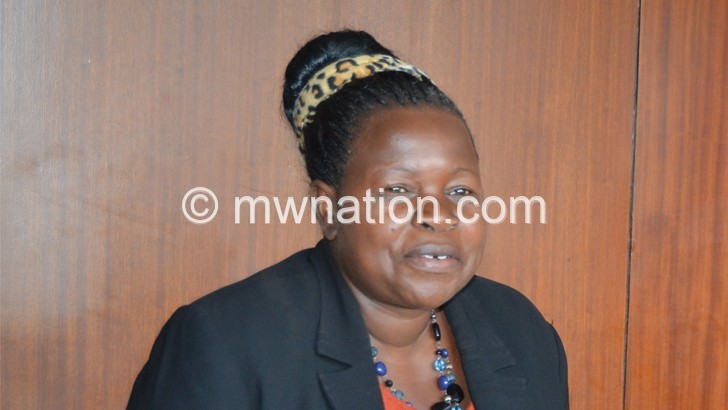‘Graft fight in jeopardy’
Delegates to the National Corruption Strategy (Nacs) review meeting yesterday said the anti-corruption drive in the country is fraught with challenges ranging from political interference to lack of integrity and poverty.
In their contributions at the meeting organised by the Anti-Corruption Bureau (ACB) in Blantyre, the stakeholders noted that corruption has permeated all sectors of society, thereby demanding a change in approach if the vice is to be defeated.

During the review meeting where the ACB sought input on a new strategy following the expiry of the previous one in 2014, the graft-busting body was taken to task for, among others, failure to investigate and prosecute cases relating to politically connected persons, especially those linked to governing political parties.
But ACB spokesperson Egrita Ndala, in an interview, said the bureau pursues cases based on available evidence regardless of suspects’ political affiliation.
The spokesperson, who said financial constraints delayed the bureau from drawing a new strategy, acknowledged that there is public discontent in the manner the bureau pursues cases.
Said Ndala: “Of course, this has been a common complaint, but what people need to know is that ACB investigates a lot of cases. As such, evidence gathered determines if the case should proceed to court or not. It is important to note that we have pursued cases without compromise and we hope we will do even better.”
Submissions from the faith community, traditional leaders, the media and government ministries, departments and agencies indicated that corrupt practices were still rampant in many sectors such as public service provision and procurement services.
Civil society and faith leaders specifically pointed fingers at the government for interfering with the bureau’s work by, among other things, denying it funding.
In an interview at the meeting, chairperson for the Industrial Relations Court (IRC) Chimwemwe Kamowa said the consultation was important for the Judiciary to appreciate the lessons learnt as the country moves to adopt a new anti-corruption strategy.
The current Nacs was adopted in 2009 and was a result of a Governance and Corruption Baseline Survey of 2005 which, among other things, established that nine out 10 people in the country believed that corruption was a serious challenge.





